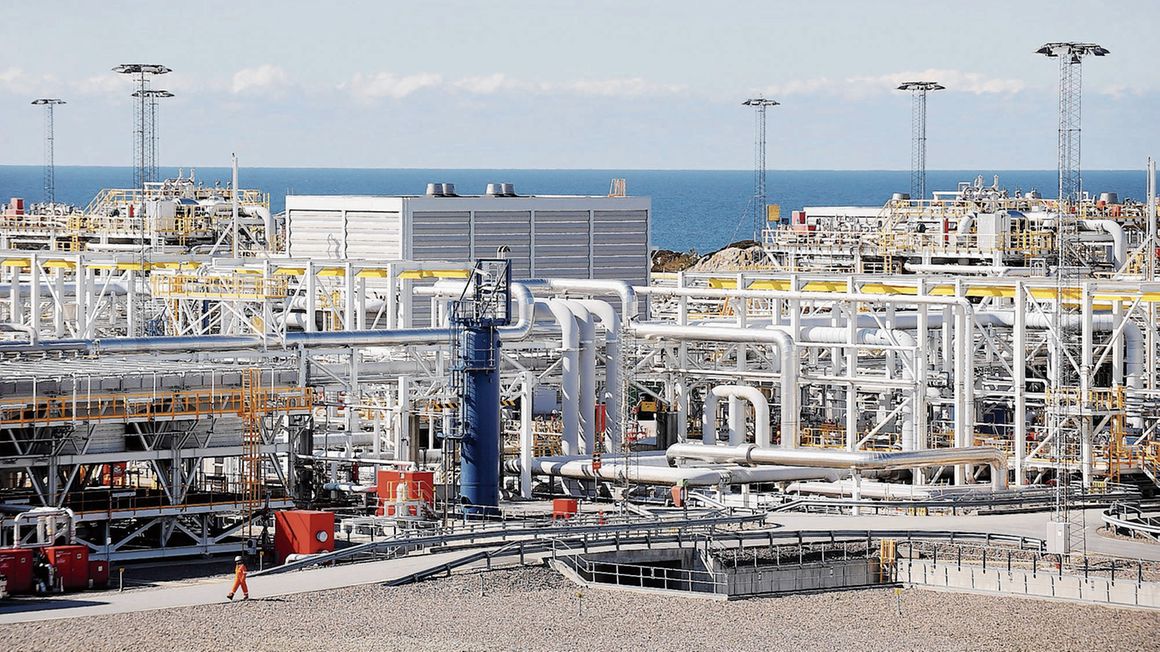By Alfred Zacharia
 Dar es Salaam —
Tanzania has saved up to $15.6 billion (about Sh36 trillion) in energy
costs by switching to natural gas as a source of energy from July 2004
to September 2020, the Tanzania Petroleum Development Corporation (TPDC)
says.
Dar es Salaam —
Tanzania has saved up to $15.6 billion (about Sh36 trillion) in energy
costs by switching to natural gas as a source of energy from July 2004
to September 2020, the Tanzania Petroleum Development Corporation (TPDC)
says.
The country saved this amount by using natural gas to replace expensive fuels such as heavy furnace oil (HFO) and other imported petroleum products.
Calculations by TPDC show that the country saved $13.21 billion in power generation, and $2.38 billion in industries that opted for natural gas as a source of energy. Natural gas - which is more cost-effective compared to petroleum products such as diesel, petrol and jet fuel - is also used in some households, institutions and vehicles.
TPDC communications manager Marie Msellemu told The Citizen that at least 48 industries have been connected to, and are fully using, natural gas to power their operations. Also, four institutions are using natural gas.
More than 1,000 households are currently using natural gas in Dar es Salaam and Mtwara regions, while there is only one CNG vehicle filling station at Ubungo in Dar, and two vehicle conversion institutions: Bico-UDSM and the Dar es Salaam Institute of Technology (DIT).
The government is planning to construct five more CNG filling stations at Ubungo, Kibaha, the Ferry Fish Market Area, Muhimbili National Hospital and the University of Dar es Salaam. "So far, more than 400 vehicles are using natural gas - thanks to online tax services. We (TPDC) have already designed the map for the five stations, and are in the process of finding a contractor," she said.
Tanzania has so far discovered 57.8 trillion cubic feet (tcf) of natural gas deposits offshore and onshore.
However, exploration activities are still ongoing, with the industry regulators saying only 30 percent of the country has been explored.
With the available gas resource, the government is still negotiating with investors on the planned construction of a liquefied natural gas (LNG) plant in Lindi Region.
The country is yet to conclude its Host Government Agreement (HGA) negotiations with International Oil and Gas Companies (IOCs) on the LNG project.
Ms Msellem said TPDC is optimistic that the HGA negotiations would resume in January 2021.
"The technical team responsible for the HGA negotiations is currently in Arusha discussing vital issues regarding the Uganda-Tanzania's East Africa Crude Oil Pipeline (EACOP), whose preparations towards execution have reached advanced stages," she said.
According to her, they have already paid Sh5.4 billion as compensation for land appropriated in Lindi for the $30 billion LNG project.
In addition, TPDC has ventured into the petroleum business, competing with private operators.
The corporation's plan is to construct 100 distribution centres countrywide in the next five years, focusing on remote areas where there are no private petrol stations.
Ms Msellem said they have secured 300 acres of land at Chongoleani in Tanga, and 100 acres at Zuzu in Dodoma Region for locating special oil reserve tanks.
"The reserve tanks will help to feed the country during times of oil scarcity. They will also help to control price escalations," she said.
The year-2020 was good for the oil sector as Uganda and Tanzania signed the Host Government Agreement (HGA) for construction of the East Africa Crude Oil Pipeline project in September, Ms Msellem said.
On October 27, 2020, the French oil group Total signed an agreement with the government of Tanzania (HGA), for the construction of the EACOP.
The oil and gas sector offers huge potential for economic growth in the eastern African region.




No comments :
Post a Comment